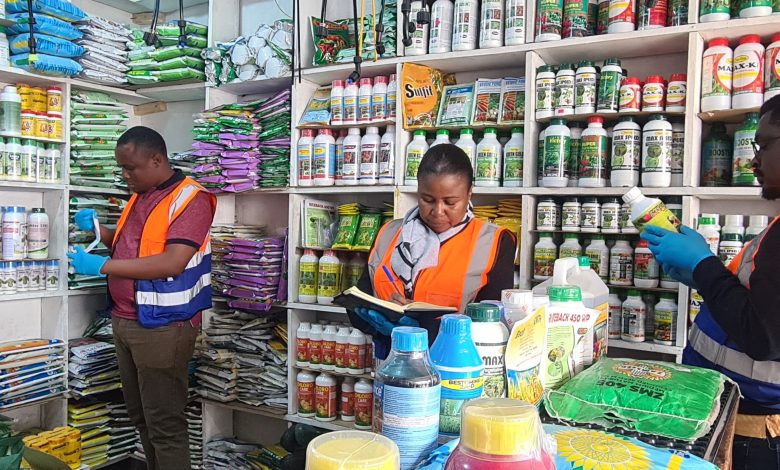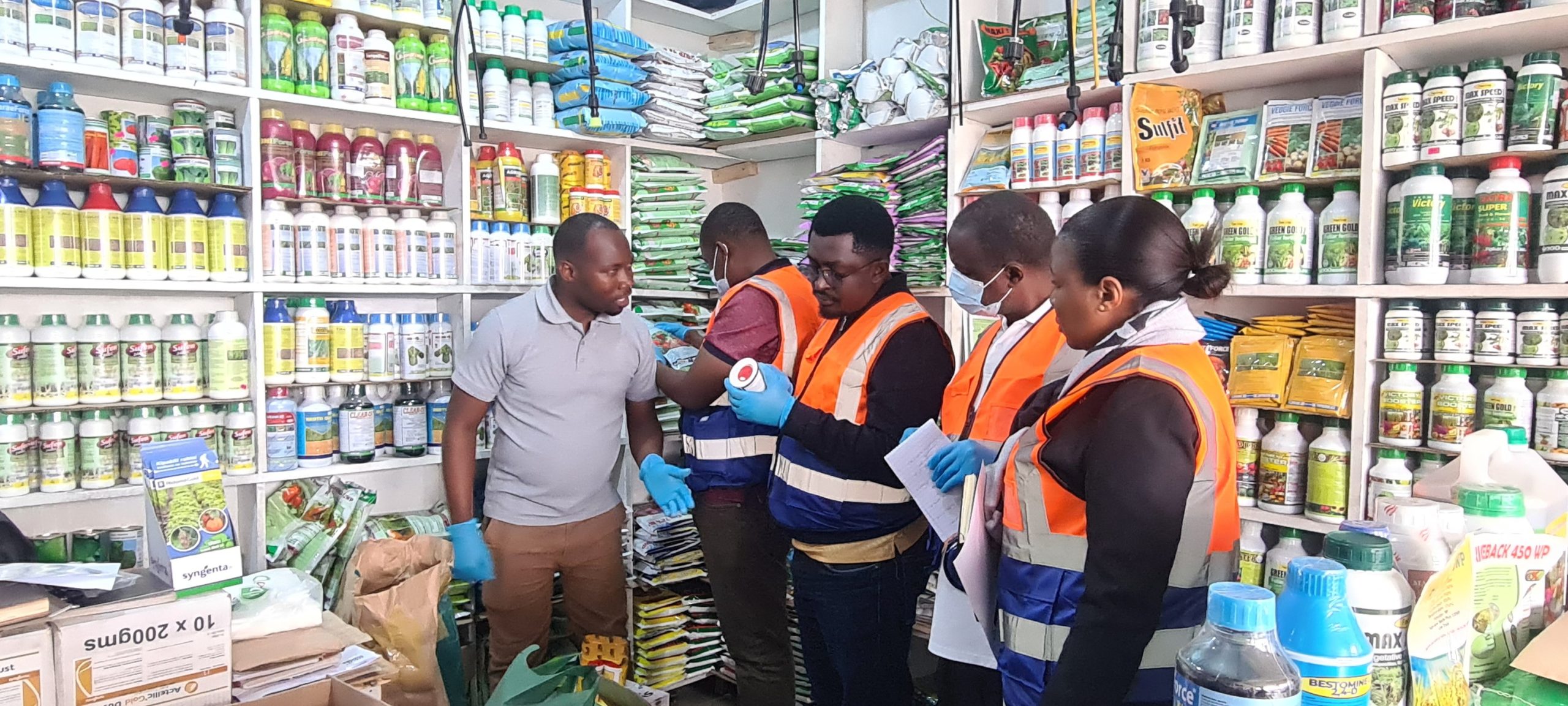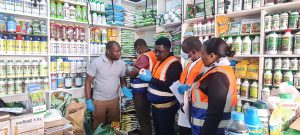TPHPA inspectors boost pesticide skills in Iringa training

IRINGA: IN a significant step towards enhancing pesticide regulatory practices and ensuring agricultural input safety in Tanzania, inspectors from the Tanzania Plant Health and Pesticides Authority (TPHPA) participated in an intensive field training session held in Iringa.
The one-week workshop brought together regulatory officers from the Southern Highlands and Southern Zones to strengthen their capabilities in pesticide inspection, compliance monitoring and regulatory enforcement.
The training, organised in collaboration with the Food and Agriculture Organisation (FAO) of the United Nations under the EU funded Strengthening Plant Health Services in Tanzania (STREPHIT) project, aimed to bridge the gap between theoretical knowledge and practical application.
The initiative supports Tanzania’s broader efforts to develop a more robust and responsive plant health system that adheres to both national laws and international standards.
A key highlight of the workshop was a practical field inspection at a pesticide dealer shop located in the heart of Iringa town. Amid the commercial centre’s bustle, inspectors were allowed to evaluate the shop’s practices in pesticide handling, storage, documentation and labeling.
This real-world scenario allowed participants to translate classroom instruction into practical enforcement, enabling a more grounded understanding of regulatory procedures.
An inspector from the TPHPA office in Mtwara, Ms Lilian Muyaga, said that the training has not only enhanced their technical knowledge but has also sharpened their practical inspection skills.
Ms Muyaga said, “by engaging directly with agricultural input dealers and observing on-the-ground realities, we’re now better equipped to identify both compliance and violations in pesticide management.”
During the field exercise, inspectors used checklists and regulatory tools to assess the safety and legality of pesticide products, ensuring that they were appropriately labelled, stored in secure environments and handled according to health and environmental guidelines.
These inspections are crucial in preventing the distribution of substandard or counterfeit agricultural inputs, which can pose serious risks to human health, crop productivity and the environment.

 The importance of this training extends beyond compliance; it reflects Tanzania’s growing commitment to sustainable agriculture and food security. As the agricultural sector plays a central role in the country’s economy, ensuring the quality and safety of inputs like pesticides is essential.
The importance of this training extends beyond compliance; it reflects Tanzania’s growing commitment to sustainable agriculture and food security. As the agricultural sector plays a central role in the country’s economy, ensuring the quality and safety of inputs like pesticides is essential.
Misuse or mishandling of such products can result in environmental degradation, pest resistance and even food contamination.
Ms Muyaga emphasised the importance of collaboration between regulatory authorities and private sector stakeholders.
“We call upon all pesticide sellers and agricultural input dealers to cooperate fully with TPHPA and undergo proper training. This partnership will not only improve compliance with regulations but also promote productivity and sustainability in our agriculture sector,” she added.
The STREPHIT project, which funded and facilitated the training, is part of a broader initiative supported by the European Union to enhance plant health services in Tanzania.
Through capacity building programs like this, STREPHIT seeks to improve pest and disease control, promote safe pesticide use and protect the livelihoods of farmers across the country.
Representatives from FAO and the STREPHIT project team expressed their satisfaction with the training’s outcomes.
They reiterated their commitment to strengthening institutional frameworks, advancing food safety and protecting biodiversity through strategic investments in human resource development.
The training also aligns with global best practices outlined by the International Code of Conduct on Pesticide Management, which emphasises the need for governments to ensure that pesticides are used safely and responsibly.
By equipping inspectors with the right knowledge and tools, Tanzania is positioning itself as a regional leader in plant health governance. Looking ahead, TPHPA plans to roll out similar training sessions in other regions to standardise inspection procedures and encourage knowledge sharing among its staff.
There are also ongoing efforts to update regulatory frameworks, increase public awareness about safe pesticide use and digitise inspection processes for better data collection and reporting.
For the participants, the experience in Iringa was more than just a learning opportunity; it was a call to action. The field training underscored the critical role that inspectors play in safeguarding public health and maintaining the integrity of the country’s agricultural value chains.
As Tanzania continues to modernise its agricultural systems, partnerships like the one between TPHPA, FAO and the EU through STREPHIT remain vital.
ALSO READ: Tanzania marks Plant Health Day, urges stronger protections
Together, they are fostering a safer, more efficient agricultural input sector, one that supports sustainable development and ensures that every pesticide on the market contributes to healthy crops and a healthier nation.





